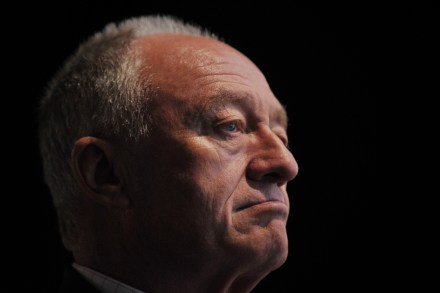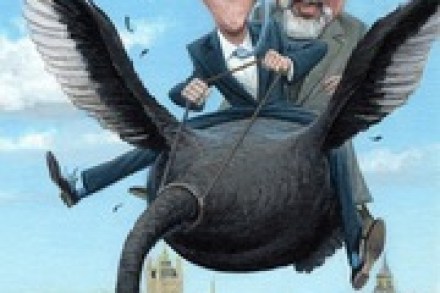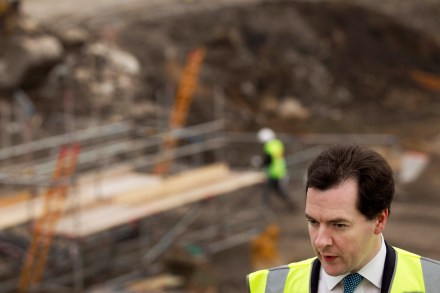Ken launches his negative campaign
A dark, damp and freezing cellar beneath Waterloo station isn’t an obvious choice for launching a political campaign — but that’s where Team Ken officially kicked off their Mayoral bid last night. Various prominent lefties were brought into the Old Vic Tunnels to warm up for the man himself. Eddie Izzard was also present to fill in the gaps and keep everyone engaged until the bar opened. Most of the policies discussed have already been made public, but there were a few new, colourful additions. Ken pointed out that Transport for London purchases energy at half the normal price, so why don’t they buy more and sell it back to ordinary













